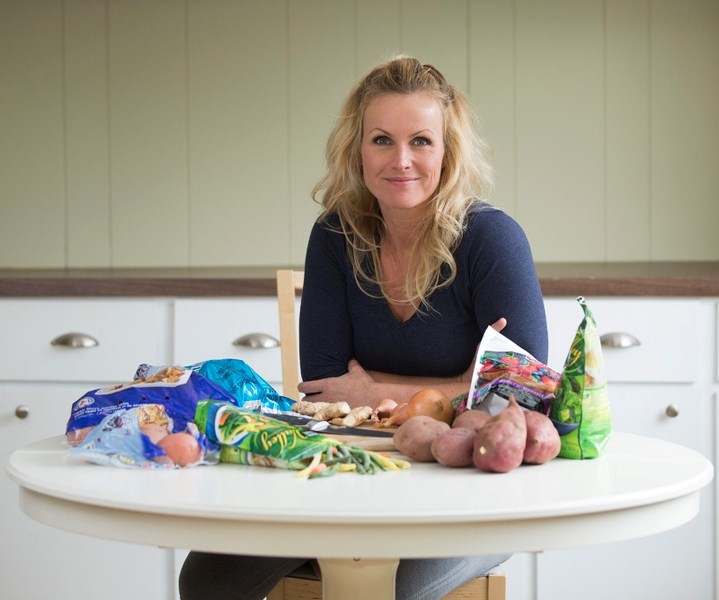The clean eating movement is one of the healthiest dietary trends in decades, say local holistic nutritional consultants.
The clean eating movement is one of the healthiest dietary trends in decades, say local holistic nutritional consultants.
Based on eating foods as they appear in nature and eliminating processed and unnatural products, clean eating aims to support nutrient absorption in the body.
“It's the simplest and healthiest way to look at food, as you are eating close to how nature grew it, as well as choosing higher-quality foods for consumption,” said Jessica Fallis, certified holistic nutritional consultant at Papillon Medical.
She said clean eating is more a movement toward a long-term healthy lifestyle than a diet – a term she said implies something temporary.
By eating more vegetables, some fruit, lean proteins and good-quality fats like nuts, seeds, some grains and dairy, and drinking a lot of water, she said clean eating makes a positive impact on the body.
“When we eat clean, we eat more nutrients and they are generally better absorbed into the body for use,” said Fallis. “There are less additives, preservatives, sugars or questionable ingredients we've never heard of, and this in itself is detoxing to the body and supportive of all functions – cardio, immune, endocrine, and digestive.”
Eating clean also improves intestinal health, she said, which allows for better digestion and proper absorption of nutrients, allowing good bacteria to flush out the body as it is intended to do.
It also carries fringe benefits, like reducing waste and protecting the environment, she said.
“Less packaged food means less plastic and other waste,” said Fallis. “It can also cost less money to eat this way, rather than grabbing all your food already prepared.”
She said the biggest challenge to adopting a clean eating lifestyle is taking the time to follow through – menu planning, shopping carefully, and preparing foods in advance. The changes it can bring to the body are well worth the time investment, she said.
“Clean eating is one part of a healthy lifestyle approach to keeping the future in mind – your future health and quality of life as you age and your children's ability to prepare and make healthy decisions about food,” said Fallis.
Erin Power, a certified holistic nutritional consultant, considers the clean eating movement to be one of her “little crusades.”
She said its biggest benefit is that it focuses on how whole a food is and its origin than on the amount of carbohydrates, fats or sugars in the food. But reducing or eliminating anything that doesn't exist in nature can be difficult for some people, she said.
“That can include things some people wouldn't think of, like common salad dressings and most cereals, because they're processed in some way,” said Power.
Other foods that are removed from a clean eating diet include condiments like mayonnaise and heavily-processed and genetically modified oils, including margarine and canola, corn and vegetable oils.
“Clean alternatives would include olive oil or coconut oil, and some other oils derived from seeds,” said Power. “We're eliminating man-made fats.”
Other foods she said are on the “watch list” are breads and other grains, which are often made with genetically-modified grains and are more processed than people realize.
Genetically-modified grains and oils are more inflammatory than their natural counterparts, she said, causing more damage to the body over time.
“Ultimately, we're trying to avoid upsetting the body's delicate balance of nutrients,” said Power. “And we can do that by getting people away from fast food, from frozen TV dinner-type meals, and from packaged food aisles.”
There is no one correct way to eat clean, she said, and foods can vary based on everything else happening in the body and specific dietary needs. Conditions like heart disease, diabetes or allergies can affect how a person eats, she said.
Experts in diet and nutrition could help people determine the proper balance of foods they should be eating to best suit their medical needs.
She said clean eating is a great place to start for anyone looking to improve their overall wellbeing or develop a healthier lifestyle.
Eating clean is easy to begin at any time with proper planning and watchful shopping, she said, and is healthy for everyone so long as specific dietary requirements are still followed.
“Cleaning up food and moving toward whole foods is beneficial for everybody,” said Power. “It's definitely a move in the right direction for everyone.”
